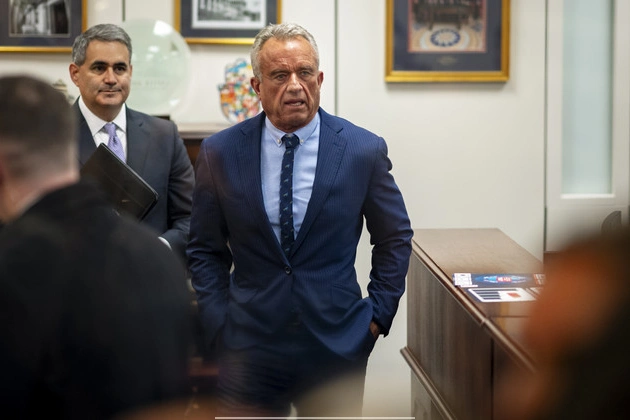
HHS Secretary Robert F. Kennedy Jr. is gearing up to replace members of external committees advising the government on vaccine approvals and public health decisions to minimize industry influence.
Efforts to Restore Public Trust
Kennedy’s plan includes replacing members perceived to have conflicts of interest to mitigate undue industry sway over health agencies, particularly targeting the CDC’s Advisory Committee on Immunization Practices.
While the evaluation is ongoing, potential replacements could cause significant shifts within the Department of Health and Human Services, raising concerns about public trust in vaccines.
Commitment to Transparency
Before his confirmation, Kennedy, a prominent anti-vaccine activist, emphasized vaccine safety concerns. Despite this, he vowed to uphold the CDC’s Advisory Committee without alterations, assuring senators of maintaining immunization policies.
However, Kennedy’s focus remains on addressing conflicts of interest that may influence HHS policies, emphasizing transparency and balance in advisory committees and research partnerships.
ACIP’s Role in Vaccine Recommendations
The CDC’s Advisory Committee on Immunization Practices plays a crucial role in recommending vaccines for public health. With members vetted for conflicts of interest, their advice significantly influences national immunization programs and state vaccination mandates.
While the CDC director isn’t bound by ACIP’s recommendations, they typically align with the committee’s guidance, impacting childhood immunization schedules and state vaccine requirements.
Future of Vaccination Policies
As Kennedy’s initiatives unfold, the public health landscape could witness substantial changes in vaccine advisory processes and industry influence. Stay informed as developments unfold in this critical area.















